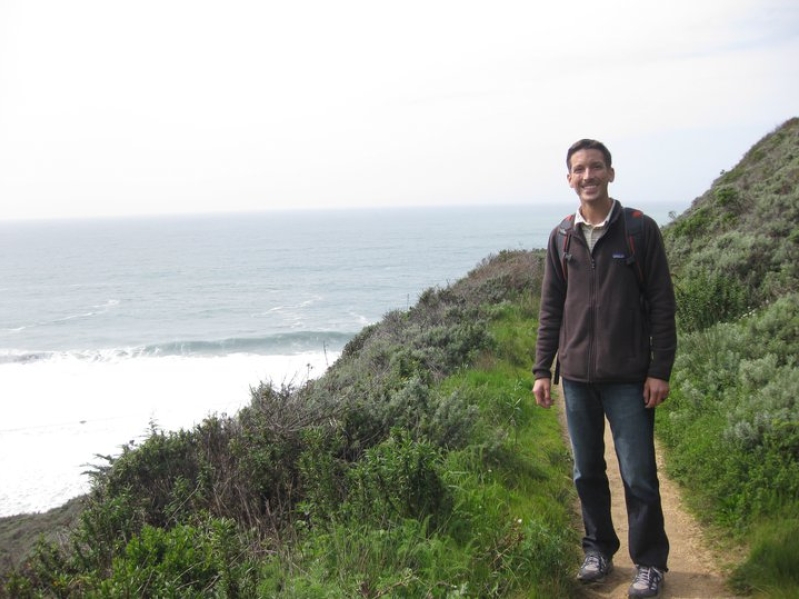
As a devout Christian and pastor of the progressive Circular Congregational Church in Charleston, S.C., Rev. Jeremy Rutledge makes the case that science and religion balance, rather than contradict, each other. His wife, Sara Keckler Rutledge, is a physics teacher, and at times, the two pairs up to support open-minded perspectives on the matter.
Regarding an average U.S. viewpoint, though, nearly six in 10 adults believe science is incompatible with faith, according to a 2015 Pew Research Center survey. Protestants and Catholics, in particular, are more likely than non-believers to shun Charles Darwin's theory of human evolution, reports The Post and Courier.
Rutledge, 44, said the more humans learn from science, the deeper that people's senses of reverence, wonder and awe become. "If you walk on the beach by the ocean or if you look at the stars and see the constellations, people have always felt that sense of reverence and all science is doing is telling us more about it."
Known for his social justice streak and community activism, Rutledge completed his doctoral work in religious naturalism, a religious philosophy commonly associated with writers, such as Henry David Thoreau and Walt Whitman, and grounded in science and reason.
"I don't take the Bible literally, but I take it seriously," Rutledge told The Post and Courier. "When we talk at church, we talk about sources of our faith. Biblical literature is one source. So is reason, so is lived human experience and so is religious and cultural tradition."
"The Bible is full of all kinds of literature," he added, "but it's not a science textbook."
Rutledge, along with other South Carolina scientists and teachers, testified before the state Board of Education two years ago to defend keeping religious views out of science classrooms. In a letter to The Post and Courier, Rutledge and his wife, a physics teacher at Wando High School, contended children should be free to make their own religious choices, and without imposition from their teachers.
"We owe it to them [students] to ensure that they receive the instruction they need to compete with any students in the world. This begins by teaching them the complete body of scientific knowledge," wrote the Rutledges.
The state Board of Education ultimately rejected a proposal to teach students "the controversy," which would have pitted creationists against scientists. They instead reached a compromise, agreeing to keep the 2005 standards on evolution instruction intact.
He also has spoken publicly against seismic and offshore drilling South Carolina last summer. "We want to protect and preserve what we have, and pass it on in good health to our children and our children's children. We call on our leaders to invest in renewable and sustainable energy technologies for the future, we resolve ourselves to conserve energy and live more lightly on the earth. And we name that this work is a part of who we are as people who live by the sea, and savor it," he declared.
Learning about evolution, Rutledge claimed, has only enhanced his Christian ethic.
"You can be ethical, moral and religious person and also deeply informed by the sciences. To me, that also deepens the ethic because if we really are related to everything else, then we have a responsibility to everything else, not just ourselves," Rutledge said.







